
Introduction to hot flashes after menopause
One of the most common symptoms of the menopause is hot flashes.
These can be somewhat troubling and uncomfortable occurrences for most women.
It has been shown in studies that about 75 percent of women will experience hot flashes after menopause.
About one-third of these women will seek some form of treatment for them, while others tend to experience light hot flashes that are not really a cause for concern, rather an uncomfortable but passing sensation of sweating and nervousness that comes and goes fairly quickly.
Ht flashes are sometimes accompanied by other related symptoms, such as headaches, pressure, chills fatigue, dizziness and nausea.
The hot flashes will usually disappear once the body has adjusted to the new hormone levels after menopause.
Women who begin experiencing signs of menopause earlier will experience hot flashes that will probably more severe, because of the sudden drops in estrogen that will be occurring.
Night flashes, which are like hot flashes while sleeping, can disturb the sleep patterns of women and lead to insomnia.
Even though some doctors may recommend hormone replacement therapy to treat these problems, there are natural remedies that should be tried first because they are safer, and can sometimes even be more effective.
Natural remedies
When a person is using a natural remedy, then it is a holistic approach, which does not only focus on the problem, but tries to be fit into the lifestyle of the individual and to improve all aspects of it.
This is important for hot flashes because many different things can trigger hot flashes in many women. The treatment might have to be fairly complex in some instances, because it may have to treat not only the flashes, but the underlying causes as well.
A good natural remedy is black cohosh. It has been shown to have positive effects when treating hot flashes and it can also aid in women who are experiencing problems with vagina dryness.
Other herbs that can be used to get rid of hot flashes include dong quai, gingko, red clover and supplements such as soy and flaxseed.
Some underlying causes of hot flashes include anxiety, fatigue and night sweats. Some supplements that can help with these issues include vitamins E and C, and evening primrose oil.
It is also a generally good idea to wear cotton clothes, which will enable the body to breath better and prevent excessive sweating. There are foods that can also trigger these hot flashes, and for many women, spicy foods and alcohol tend to be a problem. When a person is eating foods that are extremely hot, they can get these flashes as well, so it is best to wait until the food you have prepared or order has cooled down a but before you start eating it.




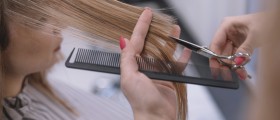
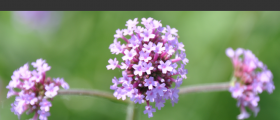

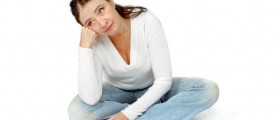
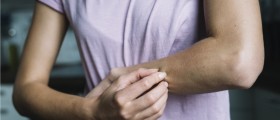

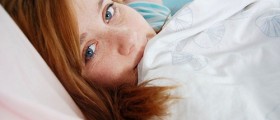




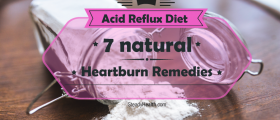
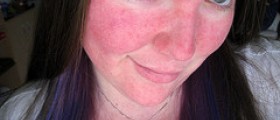
Your thoughts on this
Loading...